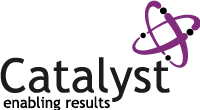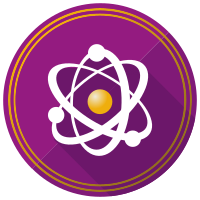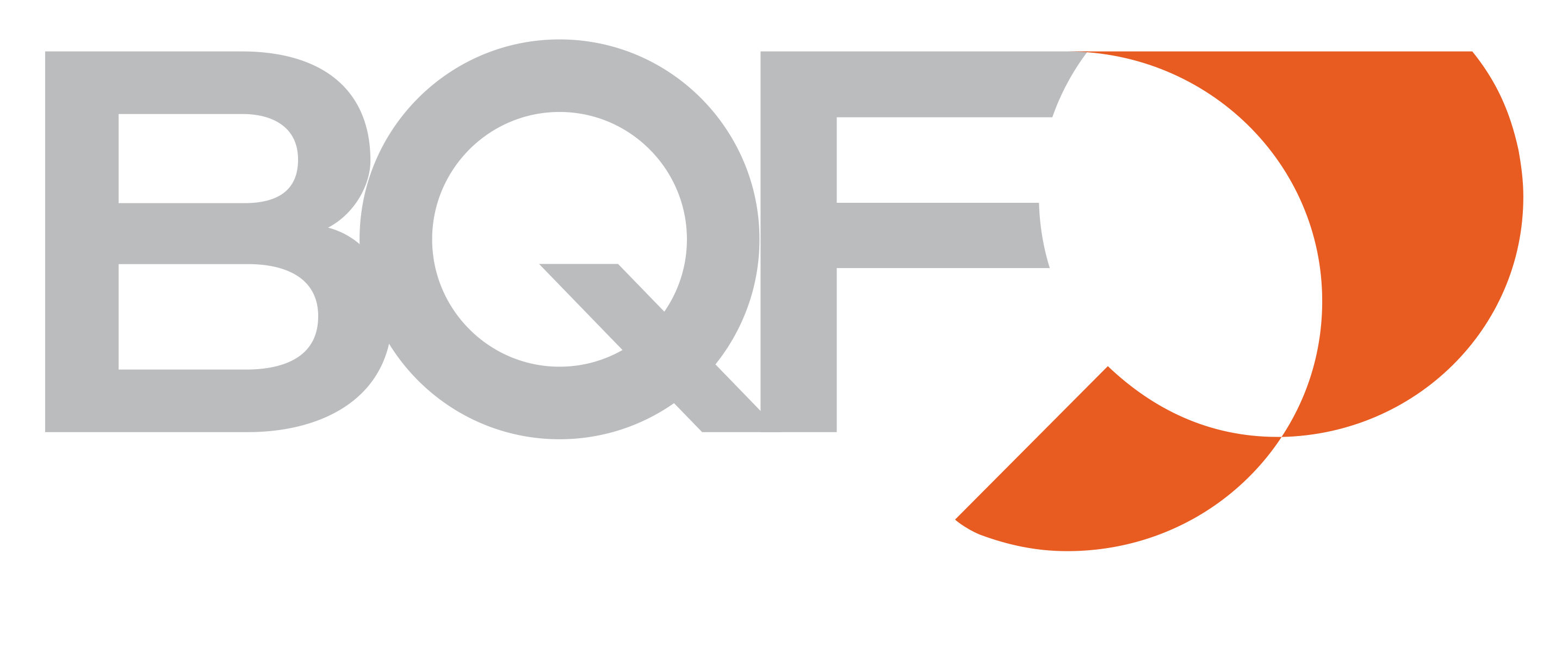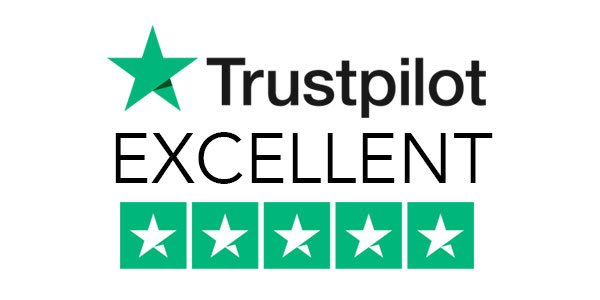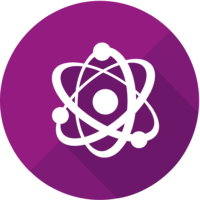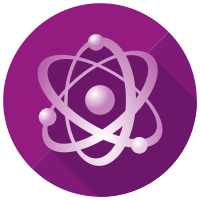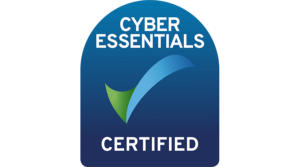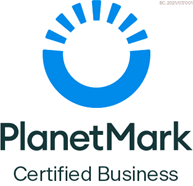Programme Overview
This highly practical course is designed to enable participants to attain Lean Master Practitioner level certification with the British Quality Foundation (BQF) and the Lean Competency System (LCS).
In-Company Training
Group Discount
Building on Advanced Practitioner Level requirements, this programme equips Lean Professionals with an increased knowledge of the CI/Lean toolkit and of Change Management techniques to ensure successful change. Through a mix of theory and practical application and coaching, candidates will develop a deep knowledge and ability to actively use appropriate Lean concepts, tools and techniques. Candidates will also learn how to influence change within their respective organisations and provide a level of training and knowledge transfer to assist project teams and managers within the enterprise wide implementation of Lean.
This highly practical course is designed to enable participants to attain Master Practitioner level certification with the British Quality Foundation (BQF) or the Lean Competency System (LCS).
At A Glance
| Lean Master Practitioner | |
| Now Showing | Lean Master Practitioner- In-company exclusive. |
| Price | £P.O.A. (plus VAT) |
| Duration | 10 days (full course) 5 days (upgrade from Advanced Lean Practitioner) |
| CPD Points | 80 |
| Accreditations | BQF, LCS |
| Prerequisites | None |
| Delivery Modes | In-Company, on-site or virtually |
| Delivered By | Ian Fairweather, Kirsty Hutchison |
This training is designed for anyone in a CI or Lean deployment role, and is usually delivered as an upgrade for those with existing experience as Lean Practitioner, Advanced Lean Practitioner or Green or Black Belt level. To develop and qualify as a Master Practitioner, candidates must be in a role that allows for them to lead multiple Lean projects and/or Kaizen activities and where there is opportunity to teach and coach others and be involved in elements of the planning and deployment of Lean across their organisation. The tools are relevant and applicable across all sectors and the course can be tailored to take into account the types sector and types of process applicable for the candidates.
- Understanding the principles, concepts and origins of CI/Lean Thinking and how they have evolved, including an awareness of the Toyota Way philosophy and its principles.
- Be able to design and deliver sustainable improvement with effective on-going management controls
- Be able to provide mentoring and coaching to teams and individuals, and support the development and deployment of a sustainable Lean Programme
- Be able to deliver training and knowledge transfer to assist project teams and managers within their respective organisations
- Be able to plan, execute and follow up on Kaizen or Rapid Improvement Events to ensure a successful outcome.
This programme is delivered in-company and can be tailored where required to align with in-company standards and/or tool templates.
The programme will be tailored to meet the needs and experience of the candidates. It is typically 10 days in total (5 days for upgrade) and can be delivered on-site or virtually.
The sessions will be bespoke, lively and highly practical, delivering a memorable learning experience for the delegates.
Contents
- Developing Critical Quality Customer Requirements (CTQs)
- Determining the relevant process measures
- Identifying Customer Value and the Moments of Truth
- Use of the Kano model
- Standard Operating Procedures (standard work)
- Understanding how the processes flow
- Creating Process and Value Stream maps
- Identifying Value-Add and Non-Value-Add activity
- Data collection and display
- Understanding variation and the use of Control Charts
- Developing Visual Management
- Stabilising the process
- Reducing/removing Non-Value Add activity
- Identifying and reducing waste
- Demonstrating the use of the Theory of Constraints in addressing bottle-necks
- Levelling and sequencing production (Heijunka)
- Identifying opportunities for Just in Time and Kanban (Pull production/Single piece flow)
- Identifying the opportunity for enhanced workplace layout
- The deployment of Jidoka and Poke Yoke
- The team roles required to deliver a Lean environment
- The role of Policy Deployment (Hoshin Kanri)
- Communication Skills
- Team briefings & Meeting management
- Ensuring the use of up to date Visual Management
- Facilitation Skills
- Reward and Recognition
- Identifying, prioritising and scoping improvement projects
- Following DMAIC (Define, Measure, Analyse, Improve and Control) or PDCA (Plan,Do, Check, and Act)
- Planning and facilitating Kaizen Rapid Improvement Events
- Assessing and managing risk
- Developing and maintaining Storyboards/A3s
- Understanding E = Q x A, ensuring effective ‘buy-in’
- Ensuring effective Control Plans
- Use of a diagnostic scoping tool to define current status, readiness and opportunity
- Process stability assessment
- Team selection
- Communication and Change management techniques
Recognised by Industry - Accredited Programmes
Catalyst has a long association with the British Quality Foundation and in 2006 established the certification schemes for Lean Six Sigma and Lean in partnership with the BQF.
We have always had strong partnerships with professional bodies and have retained a close working relationship with the EFQM, BQF, CQI, ICiPS (Institute for Continuous Improvement in Professional Services) as well as partnerships with organisations such as the Manufacturing Institute, the Agile Business Consortium and IC Agile.
Discover Our Lean Master Practitioner Programme for Yourself
Lean Master Practitioner Programme - Our Clients' View
Our clients tell us we are
Consistently Excellent!
We’ve been using the industry standard NPS to measure customer satisfaction for over 5 years. Feedback is consistently excellent with delegates scoring an average of 9 (out of 10).
